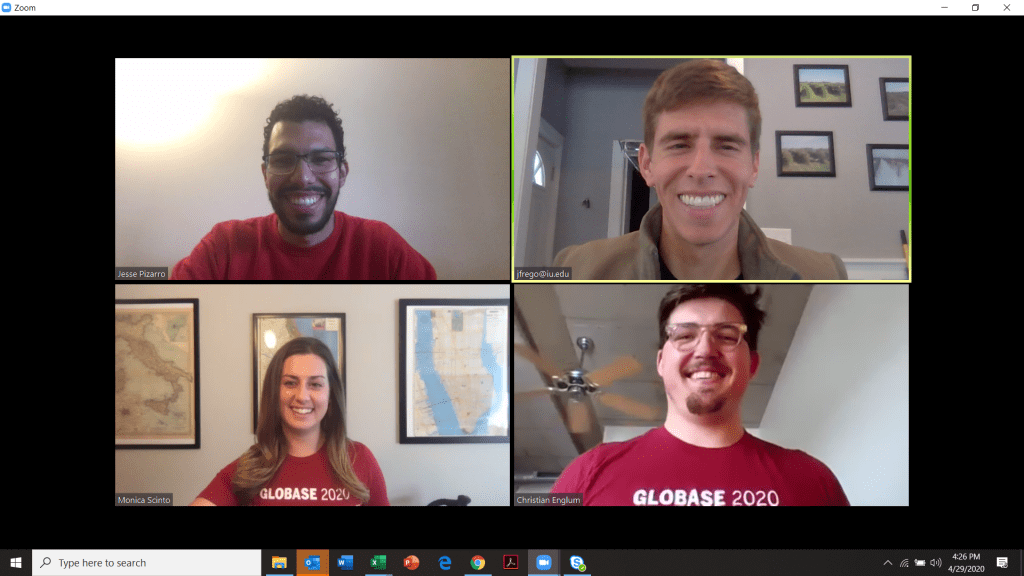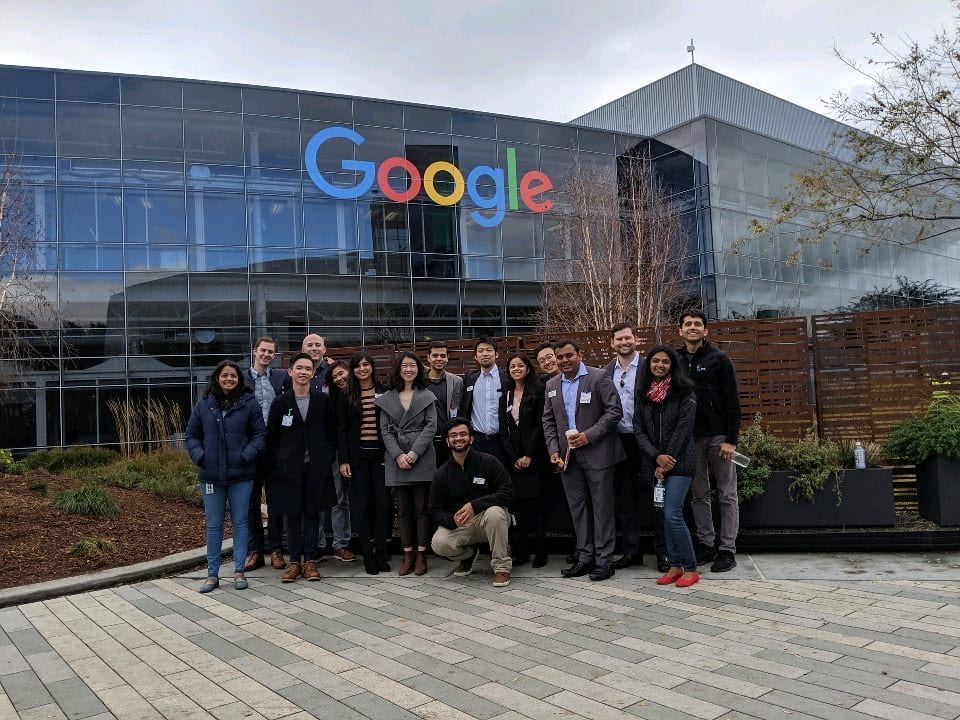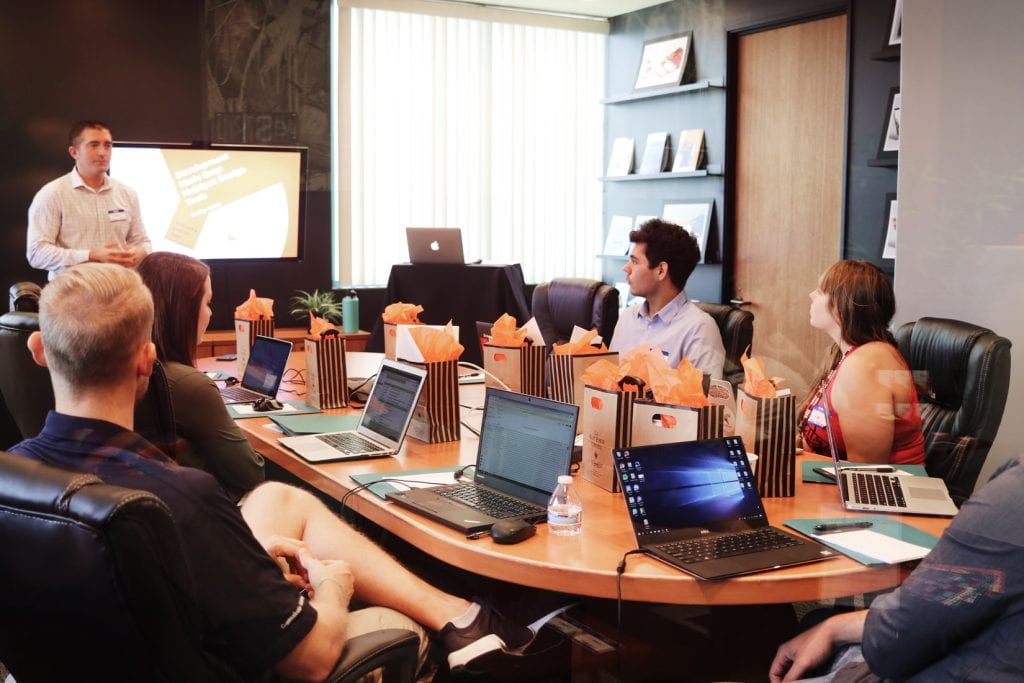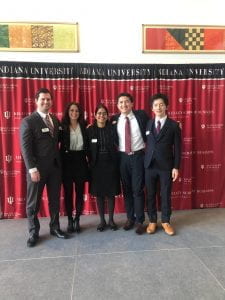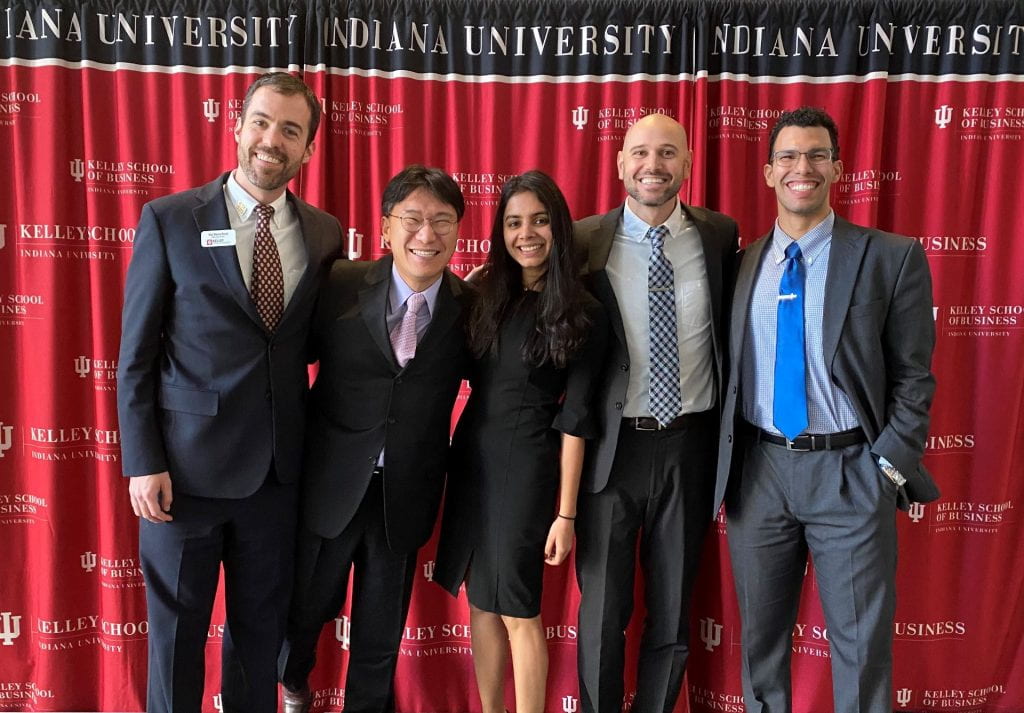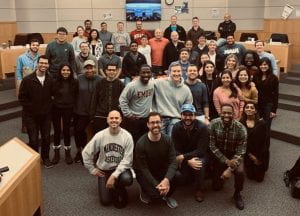Ashley Scott
MBA’21 | Consortium Fellow
When I accepted my internship at E&J Gallo Winery, I had imagined spending my summer working in California and exploring everything that it had to offer (vineyards, Lake Tahoe, vineyards, Yosemite, and did I mention vineyards?) Because of COVID-19, I decided to stay in Bloomington, IN and honestly think that this is the best choice I made for me given the circumstances. I saved money and most importantly, I get to further build relationships with my other classmates who also chose to remain in Bloomington, IN. If there is anything that I’ve learned at Kelley, it is the power of building relationships.

In the last week of August, I remember when my class and I first started the Core and mid-through the week we attended Kelley Roundtables. Kelley Roundtables was the first networking event for the year hosted by GCS. We had the opportunity to network with companies. But, what made this networking night unique was at each company table there was a Kelley alumnus. My first interaction with E&J Gallo Winery was with two alumni. E&J Gallo Winery normally recruits on campus for Marketing Interns, but I had expressed interest in Supply Chain. I was immediately connected with people at E&J Gallo Winery, and I used those people’s connections to be connected with others. At the end of September, I received an offer to interview with Gallo at the National Black MBA Conference not only because of my work history but because of the networking I did beforehand. The National Black MBA Conference is an annual conference for networking and recruiting for internships and full-time offers. It is an inclusive event and not only for people of color. The networking didn’t just stop after National Black and my interview, I made sure to remain connected and follow up with the people who I made connections with.
When people say Kelley is like a family, it’s true. When I received the offer from Gallo, a few of the E&J Gallo alumni reached out to me to ensure they can answer any and all questions for me to say “yes” to the offer. Don’t be mistaken, the relationship between alum is similar no matter what company they’re at. A Kelley is always willing to go the extra mile to help another Kelley.
For the remainder of the summer, I will continue to foster the Kelley spirit of networking at my internship at Gallo, and for the rest of my career.

